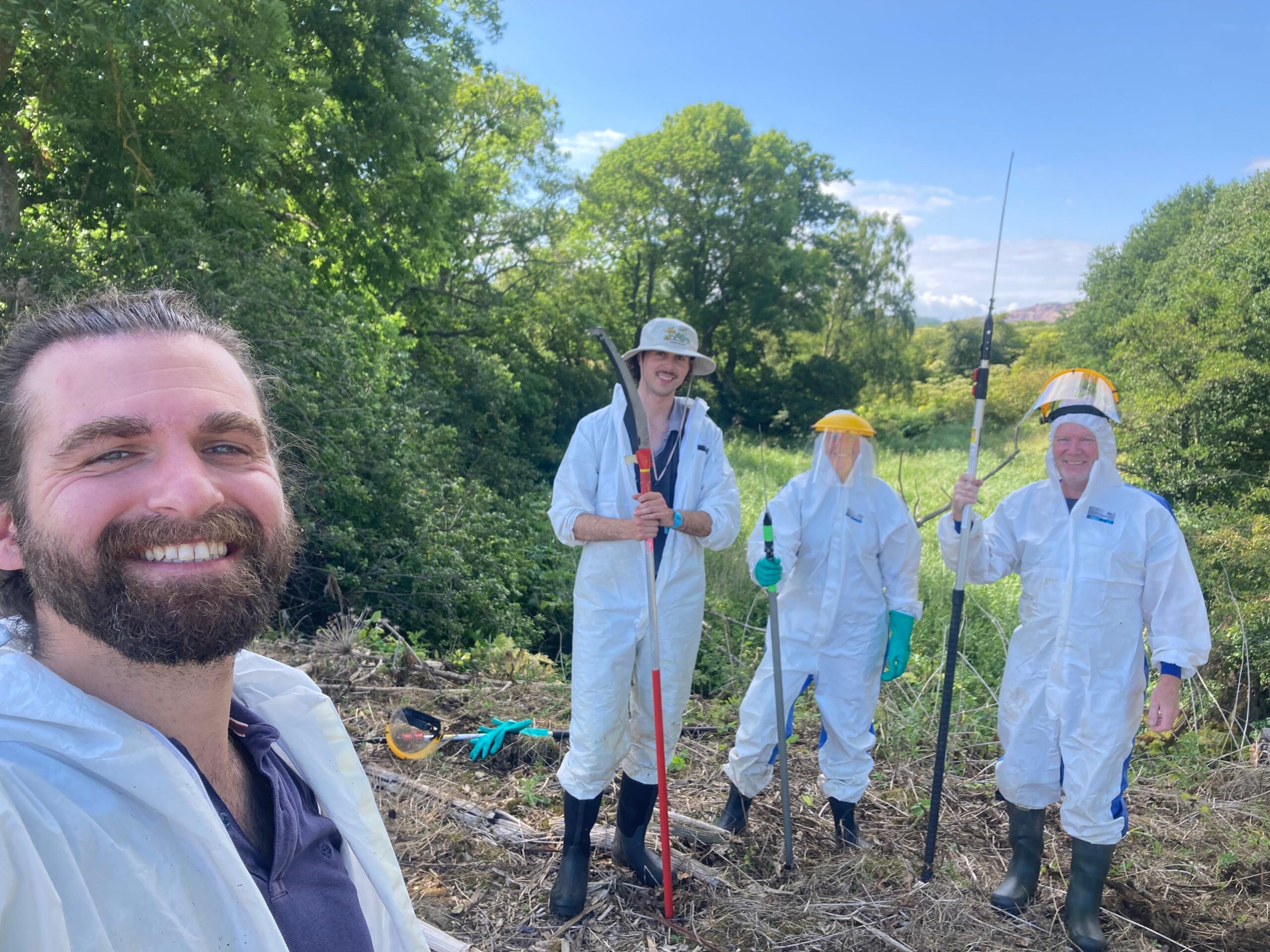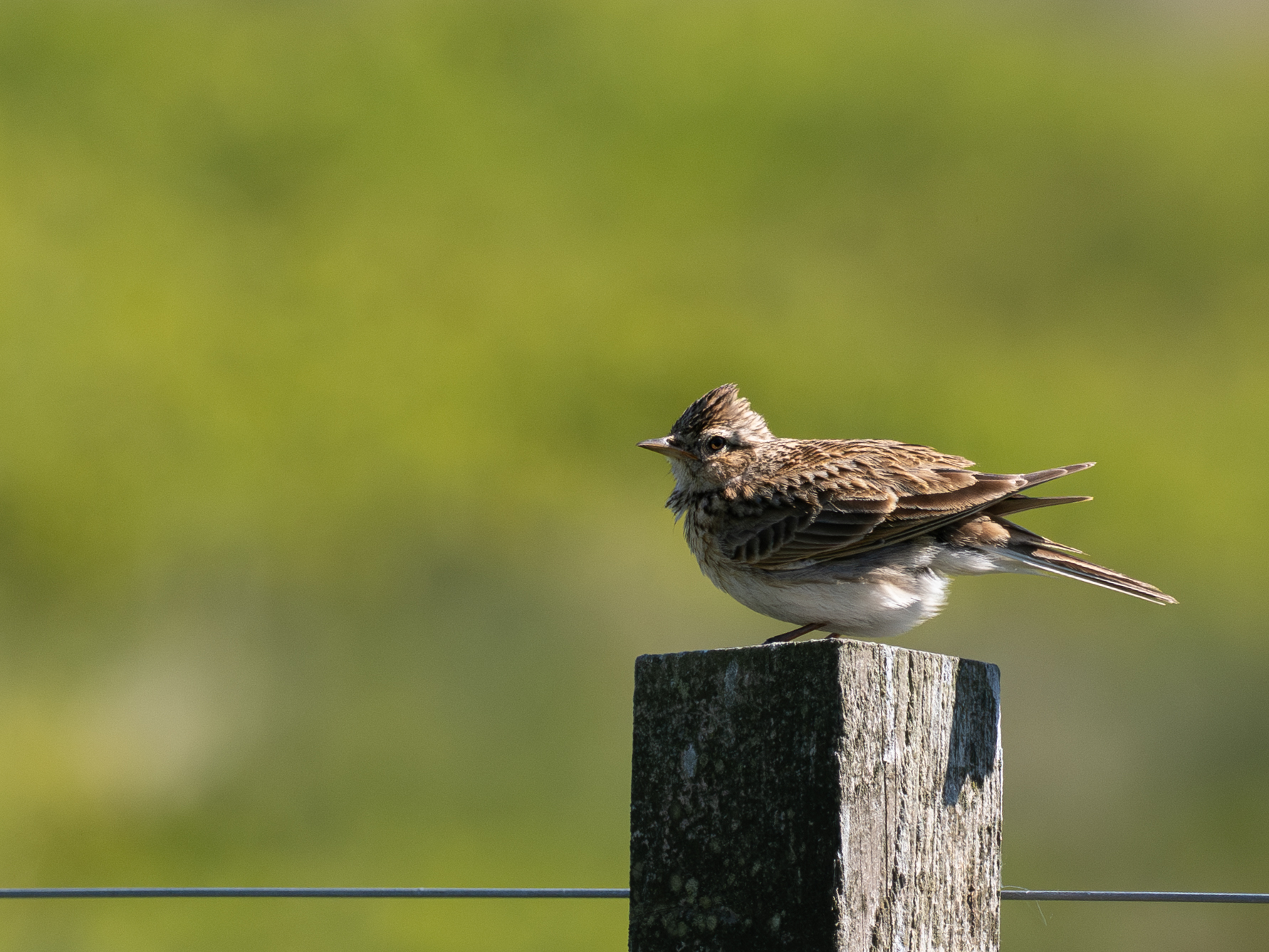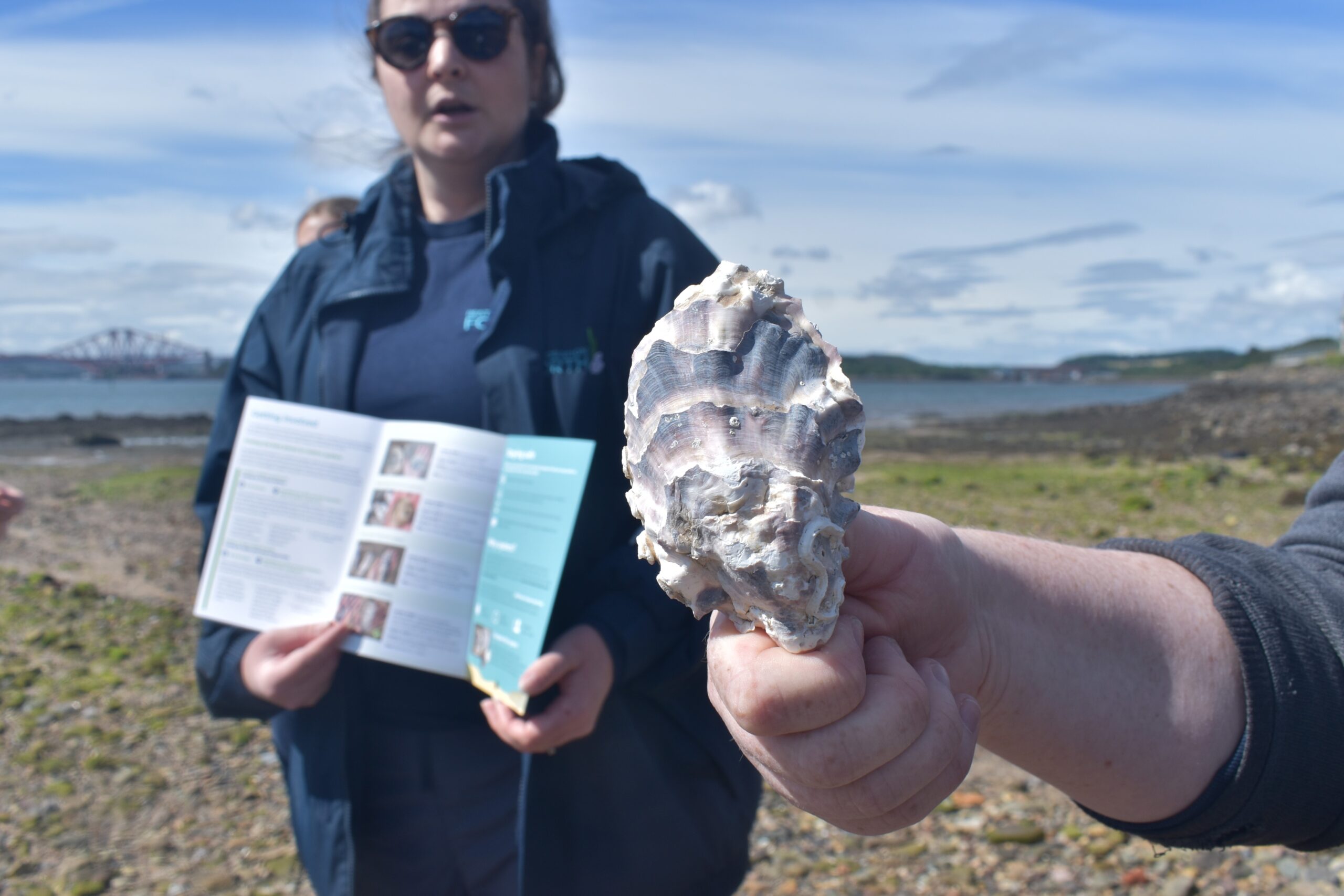- experience
- engage
- enjoy
We Can All Do Our Bit to Mitigate Climate Change
Publish Date: Tuesday October 8, 2024

In the second of two blogs, our Education Officer, Rich Webster, suggests a few ways we can help tackle climate change.
The data in my previous blog paints a rather bleak picture, but we can all do our bit to help mitigate climate change. With a few simple changes to our everyday lives, this year-on-year increase of sea levels and ocean warming can be slowed significantly.
Responsible seafood choices
Fishing presents the biggest threat to marine biodiversity. Roughly 94% of our global fish stocks are overfished (www.wwf.com). Buying a range of seafood from well managed sources will ensure our collective consumption of sea food is more responsible, allowing overfished species to recover for future generations. The easiest way we can do this is to look out for one of these handy logos on seafood labels. Unprocessed products are legally required to have this information on their packaging. Keep an eye out the next time you’re buying your seafood.

Cut your emissions
By reducing our emissions, we can ensure that the marine environment remains habitable for all fish species. Try to fly less and use alternative methods of transport instead. Use a bicycle to commute or to shop from time to time. Perhaps you could consider a flight-free holiday? Companies such as ByWay fully endorse this idea of travelling. Get inspired.
Keep plastic away from beaches
One stat that really stood out to me, is that the ocean could contain more plastic than fish by the year 2025 (www.wwf.com). It’s up to us to reduce our use of single-use plastics, especially when we head to the coast. Easy hacks here are using reusable coffee cups and water bottles. To go a step further join a beach clean event near you.
Read Community Litter Picks for more information on how FCCT do our bit alongside local groups to look after Fife’s beaches.

Use reef-safe suncream
We all put suncream on to protect us from the sun when we visit the beach. Did you know though that some suncream contains chemicals that are particularly harmful to marine life? Oxybenzone and octinoxate are known to cause issues for coral reefs and other marine life. Unfortunately, the term ‘reef friendly’ is not yet regulated, so look on the back of the bottle for the two substances mentioned and look for an alternative if you can. This is particularly important when visiting more tropical areas where reef systems make up an important part of the marine ecosystem.
Use sustainable tourism companies
Finally, when heading on holiday and booking a marine trip do your homework first. Whether you are going whale watching, snorkelling or SCUBA diving, companies that are profiting from eco-tourism should have the conservation of our seas at the core of what they do.
Goal
If we all take note of the points raised above, we can all do our bit to help reduce the global warming crisis and re-take control of our planet. The goal is to protect 30% of our land and sea by 2030. A number of countries worldwide, including the UK, have committed to this scheme. Nature has given us so much, it’s time we gave back.

I like this quote from Craig Bennett, Chief Executive, The Wildlife Trusts:
“The next ten years must be a time of renewal, of rewilding our lives, of green recovery.
“We all need nature more than ever and when we succeed in reaching 30 by 30 we’ll have wilder landscapes that store carbon and provide on-your-doorstep nature for people too.
“Everyone can support and help us to succeed.”


